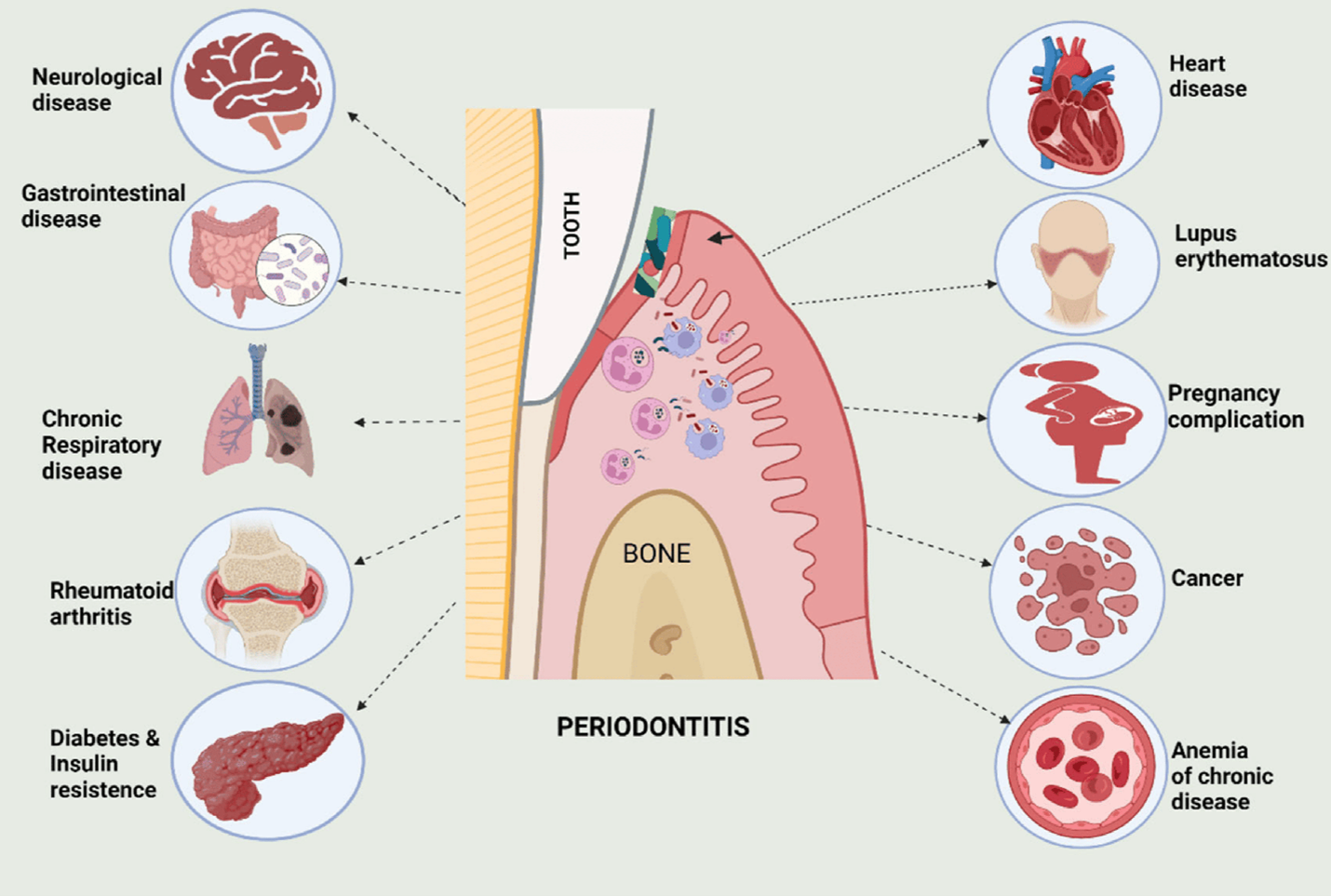The Link Between Vitamin A Deficiency, Gut Health, and Alzheimer’s
Emerging research highlights the intricate connections between vitamin A, the gut microbiome, and cognitive health, particularly Alzheimer’s disease.
A lack of vitamin A can lead to significant shifts in gut bacteria, increased intestinal permeability (commonly referred to as “leaky gut”), and heightened inflammation—factors that contribute to neurodegenerative disorders.
Gut Health and Inflammation: A Gateway to Alzheimer’s?
The gut’s role as a defense system is crucial. It acts as a barrier to harmful substances entering the bloodstream.
When vitamin A levels are insufficient, this barrier weakens, causing inflammation through elevated markers such as TNF-α, IL-1β, and IL-6, which are known to accelerate Alzheimer’s-related changes in the brain.
Studies in animal models show that vitamin A deficiency reduces beneficial gut bacteria and increases harmful, pro-inflammatory strains.
This imbalance exacerbates systemic inflammation, driving amyloid-beta plaque accumulation, a hallmark of Alzheimer’s disease.
Cognitive Function and Vitamin A
Maintaining sufficient vitamin A levels appears vital for cognitive performance and brain health.
Research indicates that vitamin A deficiency can impair memory and increase amyloid-beta deposits in critical areas of the brain, such as the hippocampus. Conversely, appropriate vitamin A intake helps to restore gut integrity, reduce inflammation, and protect against cognitive decline.
Optimizing Vitamin A Intake
Vitamin A plays essential roles in immune regulation, brain health, and gut function.
It can be sourced from foods such as liver, egg yolks, grass-fed butter, and orange or yellow vegetables like carrots and sweet potatoes.
Supplements can help address deficiencies, but moderation is key to avoiding potential negative effects from excessive intake.
Gut Microbiome’s Role in Alzheimer’s
The composition of gut bacteria significantly influences the risk of Alzheimer’s.
Beneficial bacteria, such as those producing butyrate—a short-chain fatty acid essential for gut barrier health—are linked to lower Alzheimer’s risk.
On the other hand, bacteria that promote inflammation and disrupt gut integrity are associated with a higher likelihood of cognitive decline.
The Importance of Balanced Probiotics
For gut and brain health, the efficacy of probiotics depends on their ability to deliver viable, beneficial bacteria to the gut.
Products measured in colony-forming units (CFUs) are considered more reliable than those using alternative metrics, as CFUs count only live bacteria capable of colonization.


